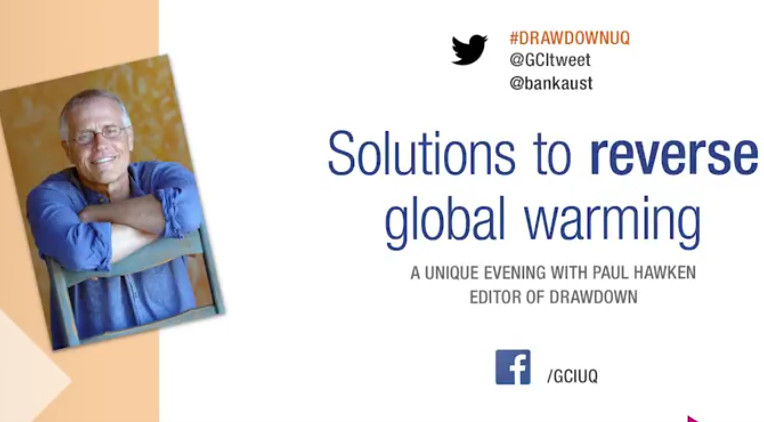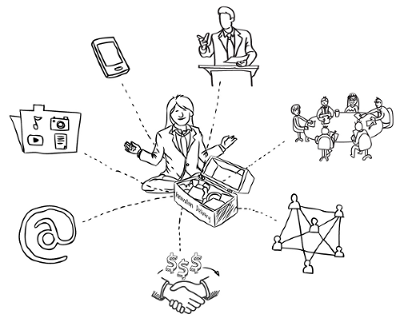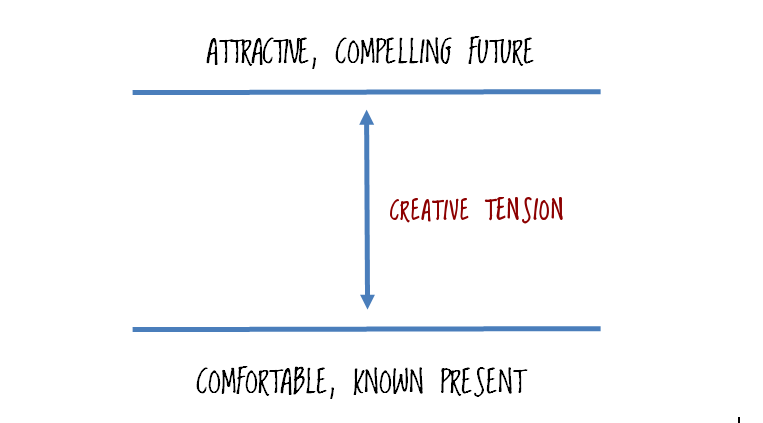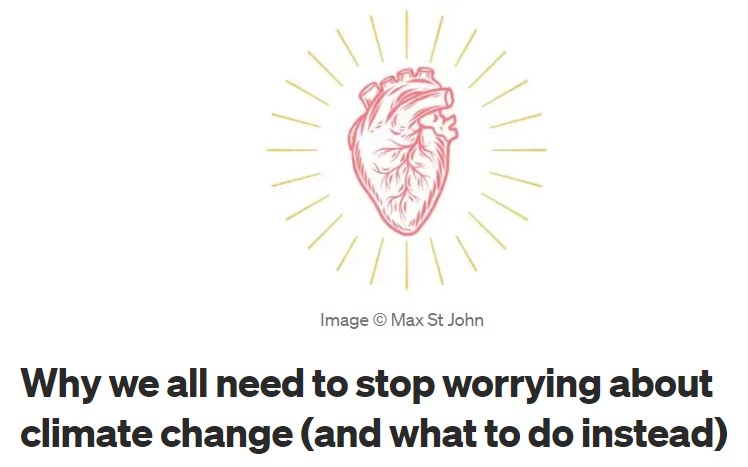High class communicators LISTEN differently…
“High class communicators take the responsibility to interpret the understanding of their audience in order to be understood the way they want to be understood.”
Alan Sieler – Newfield Institute
I re-sat Newfield Institute’s 3-day Ontological Coaching In Action workshop last week.
Ontological Coaching is an ongoing practice – like yoga – that helps me be more grounded, balanced and flexible. One thing that stood out for me as particularly important for regenerative business innovators was a discussion about “listening for clarity and from clarity”.

Listening with clarity…
When we’re passionate about an issue, we tend to listen from our own concerns. This makes it all to easy for us to fall into the trap of “listening to respond”. We listen to the incoming words primarily in relation to our own beliefs and values and understandings. This takes our attention away from the speaker and their concerns.
Listen for understanding…
If we are clear about our concerns, our goals and our own legitimacy then we can quiet our inner conversation and listen outwards for understanding. We can listen for the other person’s beliefs and values and understandings. We can listen to understand what’s important that the other person wants to take care of, without our own judgments and assumptions taking centre stage.
When we understand the other person’s concerns then we can find more ways to connect our message with our audience. We can also listen for new processes and possibilities to move closer to our goals.
“Be clear about your goal but be flexible about the process of achieving it”
– Brian Tracy
Where do you want to influence?
Whether you want to be an influencer for sustainability in business, for community development or just the the sustainability of your own life – learning to listen more effectively can make you more effective.
What’s the quality of YOUR listening?
Are you listening to understand, or listening to respond? How aware are you of your inner monologue when you’re in conversation with someone? Here’s a quick exercise to try:
- Before you go in to a conversation, sit down and capture your default stream of thought. Without judgement, editing or ‘shoulds’, write down what you’re saying about the other person and the issue.
- Read back what you’ve written and acknowledge your concerns, then put them aside. You won’t lose them.
- Go in to the conversation with the intent of understanding the other person’s concerns. What new listening becomes possible for you?
Let me know what differences this makes for you…






